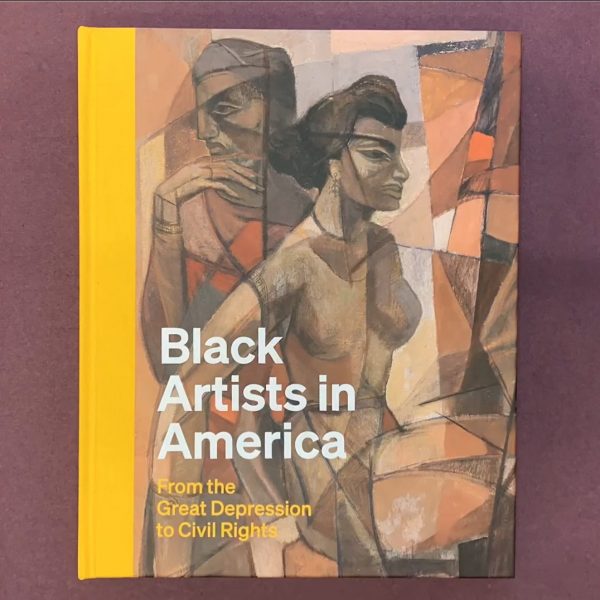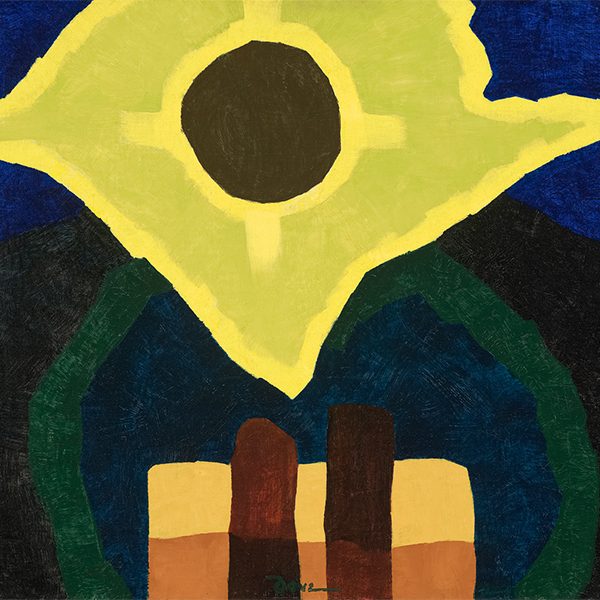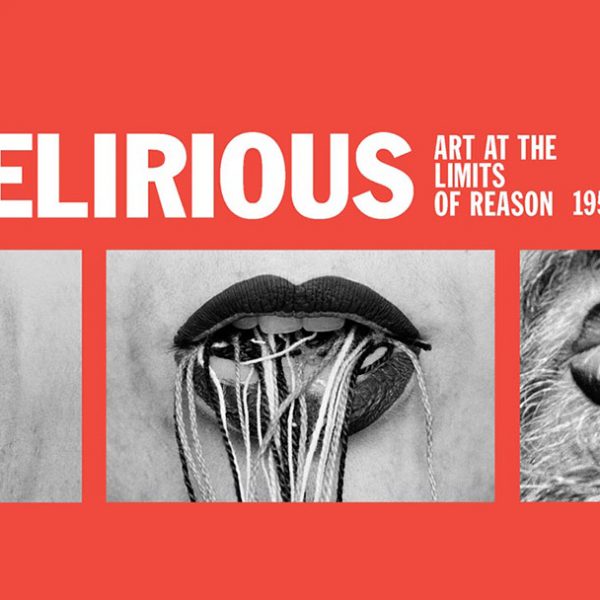Happy Father’s Day Birthday, Carl Van Vechten
A sensitive discussion will ensue for anyone who names Carl Van Vechten a “father” of the Harlem Renaissance. Although married to Russian actress Fania Marinoff, Van Vechten never had children. Nevertheless, he was a patron and active supporter of many young artists and writers, including Langston Hughes, Zora Neale Hurston, and Nella Larsen. Throughout the latter half of his life, he photographed dozens of famous figures like Georgia O’Keeffe, Gertrude Stein, Truman Capote, and Henry Miller, as well as raising the profile of many black artists like Lena Horne, Ella Fitzgerald, James Baldwin, and Paul Robeson. Van Vechten represented a crucial intersection in the complex worlds of race and art, openly pressing the subjects and styles of black art in conversations with friends and daring, as many contemporaries thought, to cross racial boundaries that dared not be crossed. Even now, as then, crediting a white man with the explosive appreciation of black art that was Harlem in the early twentieth century provokes Joshua Jelly-Schapiro’s question in The Nation: “How do you solve a problem like Carl Van Vechten?”
 Born June 17, 1880, from an early age Van Vechten collected items—books, photographs, letters—and he collected people, most especially ones whom he called “friends.” Writing in the “Eminent Biography” column earlier this year, Emily Bernard, author of Carl Van Vechten and the Harlem Renaissance: A Portrait in Black and White, said of his Harlem friends: “They all loved him fiercely, abundantly, and bawdily, which was the way that Carl Van Vechten liked to be loved.”
Born June 17, 1880, from an early age Van Vechten collected items—books, photographs, letters—and he collected people, most especially ones whom he called “friends.” Writing in the “Eminent Biography” column earlier this year, Emily Bernard, author of Carl Van Vechten and the Harlem Renaissance: A Portrait in Black and White, said of his Harlem friends: “They all loved him fiercely, abundantly, and bawdily, which was the way that Carl Van Vechten liked to be loved.”
Some friends supported Van Vechten in 1926 when he published the controversial novel, Nigger Heaven, but his own father had not been among those who supported the title. Raised in Cedar Rapids, Iowa, at a time when certain politeness was uncommonly afforded to blacks, Van Vechten was encouraged by his father Charles to always use honorifics, even when speaking to black workers. The novel and its title were to Van Vechten a different sort of reference, and despite his father’s strong objections, he maintained that his intent was to celebrate and expose black life in a manner that would demystify the obscurities of the racial divide. Charles Van Vechten died seven months before the novel’s publication.
In her biography, Bernard carefully positions Van Vechten’s role in the exposure of the New Negro Renaissance and the influence he held over friends both black and white. For Van Vechten’s birthday, we’re releasing an excerpt from Carl Van Vechten and the Harlem Renaissance that covers the beginnings of his part in black life. The book is now available from Yale University Press, and you can view a collection of many online sites and images of the Harlem Renaissance by visiting Carl Van Vechten and the Harlem Renaissance on Facebook.



